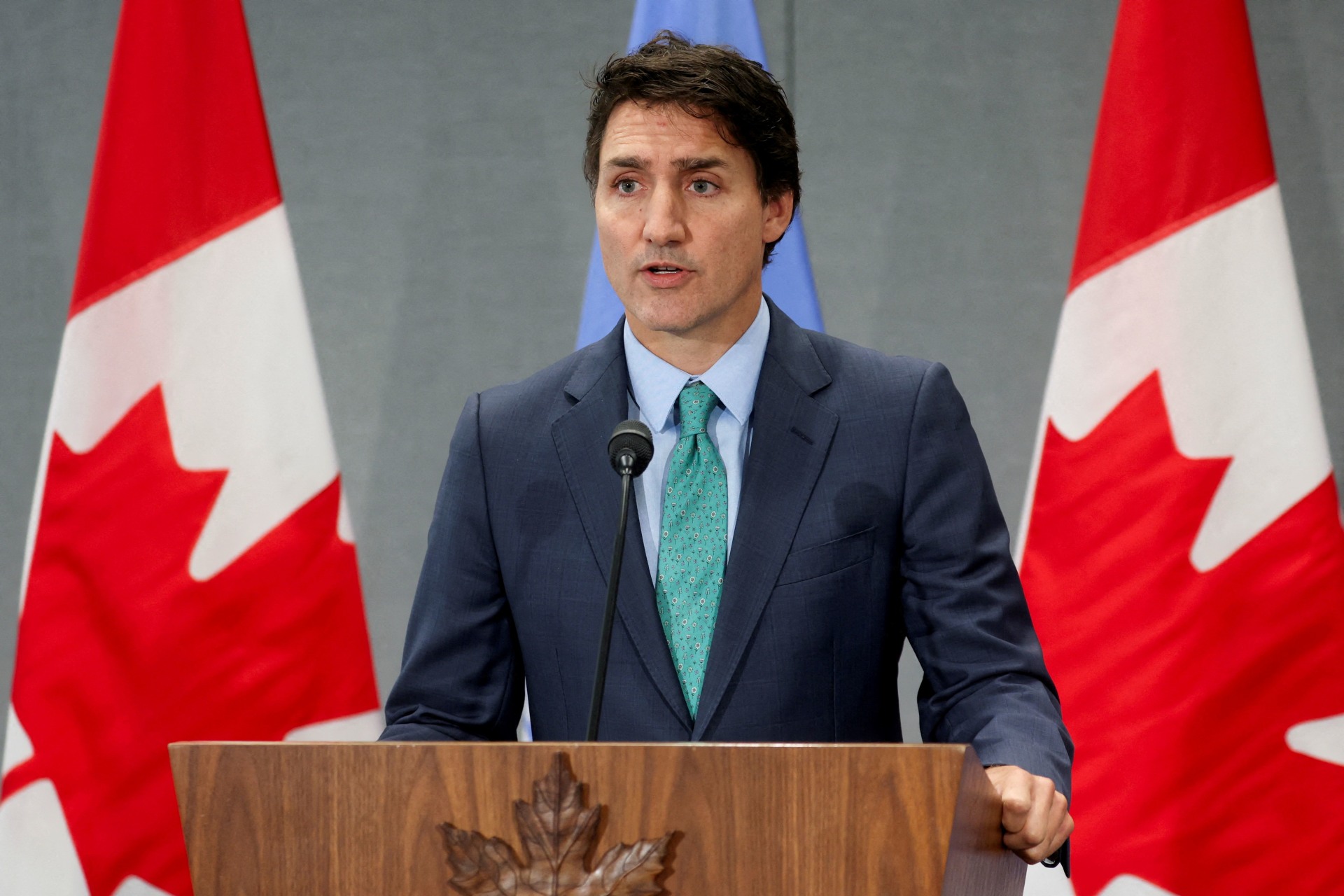The Specter of Transnational Repression
A recent report by Freedom House demonstrates the widespread normalization of transnational repression.

By experts and staff
- Published
Experts
![]() By Joshua KurlantzickSenior Fellow for Southeast Asia and South Asia
By Joshua KurlantzickSenior Fellow for Southeast Asia and South Asia
By
- Abi McGowanGlobal Conflict Analyst
The rise of transnational repression—ranging from digital threats, family intimidation, and spyware to abductions, assassinations, illegal deportations, and Interpol abuse—has demonstrated that activists, diaspora groups, and dissidents cannot be ensured of their safety even outside of their home countries.
According to a new report from Freedom House, authoritarian states have normalized and institutionalized tools of transnational repression to control citizens beyond their own borders, which found that thirty-eight states have used physical transnational repression in ninety-one host countries since 2014. Freedom House highlighted exiles living in Canada, Germany, South Africa, Sweden, Thailand, Turkey, Ukraine, the United Kingdom, and the United States as facing serious threats of transnational repression. Moreover, some host states are actively facilitating repression efforts by detaining or deporting exiles at the origin countries’ request.
Joshua Kurlantzick has chronicled Southeast Asia’s widespread transnational repression and government impunity in previous Asia Unbound blogs. For instance, Vietnam allegedly kidnapped a former oil executive seeking asylum in Germany following accusations of corruption in 2017. Freedom House notes that Thailand has long served as a refuge for exiles facing political repression, but the Thai government often cooperates with foreign governments seeking to apprehend their citizens.
The phenomenon drew widespread attention following Saudi Arabia’s 2018 killing of the Washington Post journalist Jamal Khashoggi at its consulate in Istanbul, Turkey. Recently, the assassination of a Sikh separatist in Canada and the attempted killing of another in the United States linked to Indian government agents confirms that transnational repression is not limited to nondemocratic states. During the war on terror, the United States established an extraordinary rendition and detention program in partnership with more than fifty foreign governments and unilaterally killed Osama Bin Laden, the mastermind of the September 11 attacks, in Pakistan.
To counter this coercive control, Freedom House advocates accountability through targeted sanctions, protecting the right to asylum, and guarding against abuses of Interpol’s Red Notice, among many thorough policy recommendations. For more on how Southeast Asia has become a hotbed for transnational repression, read Joshua’s column in World Politics Review.
